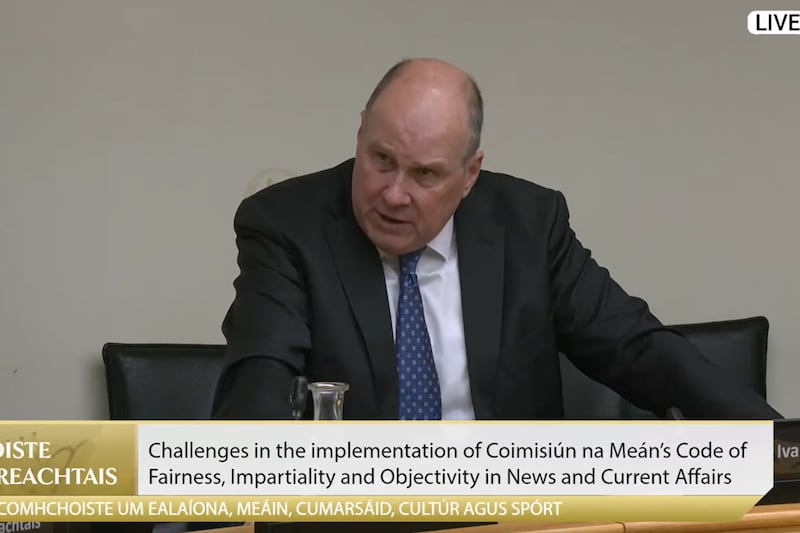After decisive victories in three key state assembly elections earlier this month, Indian prime minister Narendra Modi’s Hindu nationalist Bharatiya Janata Party (BJP) is poised to return to power for a record third term in parliamentary elections, scheduled for early next year.
A cross-section of analysts, commentators and think tanks concurred that having secured the “hat-trick” of landslide electoral triumphs in western Rajasthan state and Central India’s contiguous states of Madhya Pradesh and Chhattisgarh, the BJP and Modi were in pole position to obtain a comfortable majority in the Lok Sabha or directly elected People’s House.
Post poll analyses credited these successes, in which the BJP averaged an impressive 46 per cent vote share, largely to Modi’s oratory, charisma and indefatigability that remained “undiminished” even after two five-year back-to-back terms as prime minister from 2014 onwards.
The assessments also revealed that a large percentage of more than 160-million voters in these three states had voted exclusively for the prime minister, even though he was far removed from local governance issues.
RM Block
“The BJP presently enjoys the decisive leadership advantage,” said political analyst Asim Ali, “as there is no alternative leader close to Modi in popularity”. And even if the disparate opposition parties manage to close ranks and resolve their many differences, he said it will require “divine intervention” to make a contest of it in the general elections.
This appraisal endures despite Modi, the BJP and its numerous affiliated Hindu social and political groups, being censured by local and global watchdog groups for promoting Hindutva or Hindu supremacy, espousing their overtly anti-Muslim outlook, perpetuating hate speech and intolerance towards either criticism or questioning.
Modi was nurtured by the secretive Hindu revivalist Rashtriya Swayamsevak Sangh (RSS) or National Volunteer Corps that spawned the BJP in 1980 as its political arm and continues to provide it with intellectual and moral guidance.
The RSS’s founding in 1925 as a right-wing paramilitary volunteer organisation, influenced strongly by the beliefs of Hitler and Mussolini, was primarily to safeguard Hinduism’s “purity” by insulating it from “damaging influences” like Islam and Christianity. It also propagated the belief that India can only be unified via Hindutva.
In September, Hindutva Watch, a Washington-based research group that documents hate crimes and hate speeches against India’s religious minorities revealed that 80 per cent of such recorded instances-averaging one a day-occurred in BJP-ruled states and federal territories.
Instead of combating such behaviour, Hindutva Watch said BJP-ruled state chief ministers and lawmakers frequently engaged in it themselves, vilifying Muslims and calling upon Hindus to socially boycott them, their shops and business establishments.
And, at BJP’s direction, India’s foremost educational body, the National Council of Educational Research and Training, recently dropped from school textbooks any reference to more than 200 years of Muslim Mughal rule, which ran until the 18th century. Some BJP members even claim that the Taj Mahal, one of the world’s seven wonders built by Mughal emperor Shah Jahan, is originally a Hindu temple and periodically launched legal proceedings to take it over.
Moreover, Modi is overseeing a campaign to “nativise” institutions such as the country’s military and legal system by divesting them of any lingering British colonial influence in a bid to resurrect ancient Hindu pride and hegemony. He even recently mooted a proposal to formally designate India as Bharat, its original Sanskrit name, as the former symbolised “colonial slavery”.
Consequently, Modi’s popularity continues to burgeon, rendering him the default political option to lead the Hindu nationalists back to power until 2029. He has further bolstered his electability by offering more than 500 million poor Indians free foodgrains for the next five years and providing an assortment of economic systems of provisions and handouts to women, young people and the dispossessed.
“We believe it most likely that the incumbent administration (led by Modi) will retain power in India during its general election in 2024, pointing to the likelihood of broad policy continuity,” US-based Fitch Ratings, one of the world’s three principal credit assessment agencies, declared last week.
Independent election observers maintain that Modi’s personal chutzpah could deliver on the BJP’s expectations of winning “many more” than the 303 seats it secured in 2019 in the 545-member parliament, by securing 37.3 per cent of the votes polled.
In 2014 it won 282 seats – 10 more than the mark needed to form the government – making it the first party to attain power following 25 years of coalition administrations.
Additionally, party insiders were confident of the BJP obtaining about 50 per cent of the overall vote share in the national polls, primarily because of the divided opposition Indian National Developmental Inclusive Alliance or INDIA coalition of 26 parties that was rived by discord, factionalism and competing rivalries.
“More than arithmetic, it is Modi’s chemistry with the electorate that can deliver on the BJP’s expectations,” said India Today magazine editor Raj Chengappa. There is no other – in personality or narrative – to dislodge him from his lofty perch, he said.
- Sign up for push alerts and have the best news, analysis and comment delivered directly to your phone
- Find The Irish Times on WhatsApp and stay up to date
- Our In The News podcast is now published daily – Find the latest episode here






















